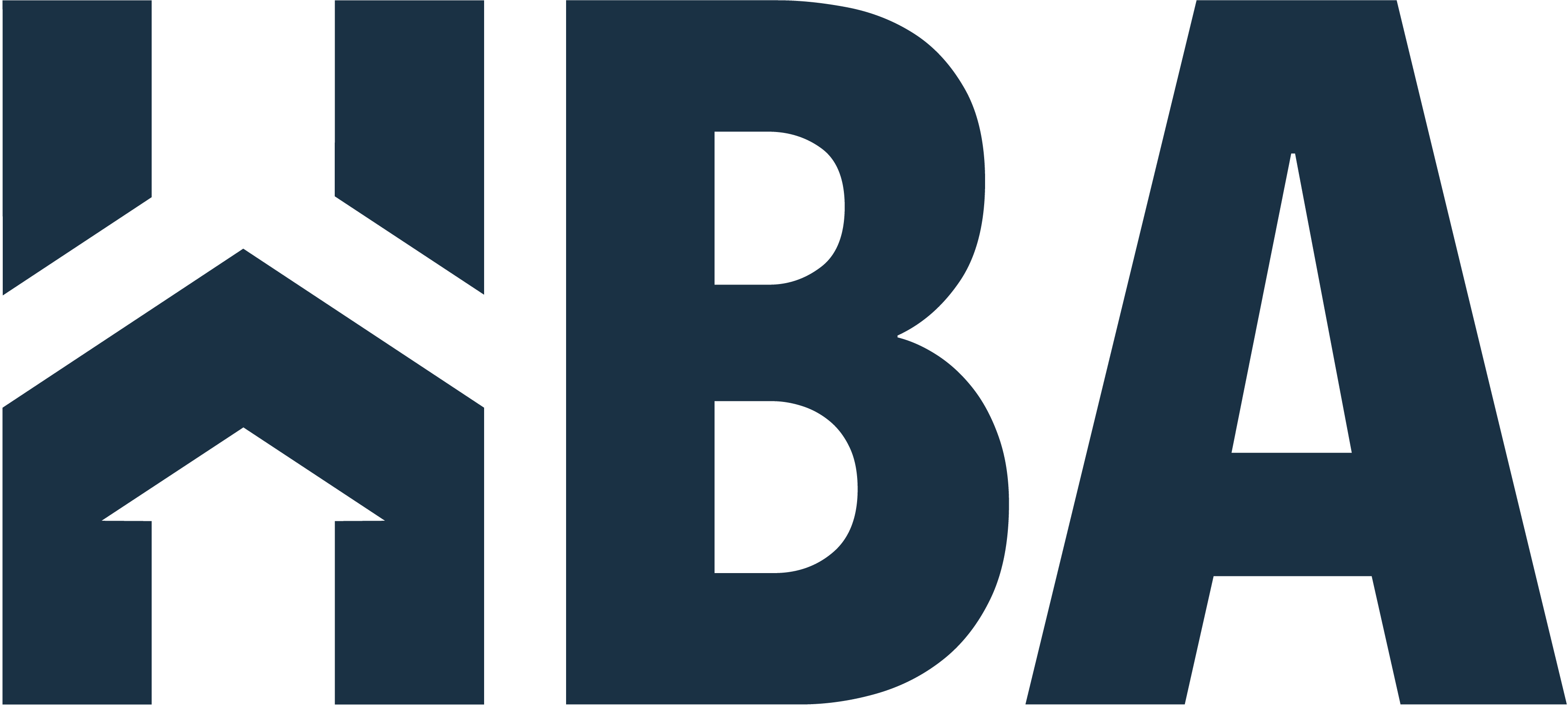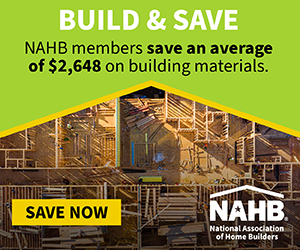Brought to you by HBA Platinum Industry Partner, Assurance Financial
If you’ve watched the news lately, you’ve likely heard about rising inflation and the fed continuing to raise interest rates to try to drive down inflation nationally. But what does this mean for you if you are trying to purchase a new home at a time when borrowing money is going to come at a higher cost?
There are three key factors that determine affordability for purchasing a new home. It all comes down to home prices, mortgage rates, and wages. Let’s start with wages.
While employees are seeing some increase in wages from employers, the average wage increase is not keeping pace with the rate of inflation. What this means for consumers is they are paying more for groceries, gas, energy costs, and other living costs that are higher than their increase in pay. This means less disposable income after all bills are paid.
As inflation rises, we get to the second piece of the puzzle which is mortgage rates. Rates continue to climb and are now the highest they have ever been in the last 15 years according to Freddie Mac data. To get an idea of where we are, home affordability now closely mirrors what it was back in 2006, which was just before the financial crisis of 2007 and housing crash of 2008.
This doesn’t mean we are ultimately set to repeat history, but with higher inflation and higher interest rates, home prices are now also influx. Purchasing a home is tougher for people looking to finance a new mortgage which means less buyers overall. Less buyers equates to less demand, so those selling homes may be forced to lower prices if they don’t have the luxury of waiting for the market to improve.
So, if you are in a position where you are looking to purchase a home, what steps can you take to ease the financial pain of higher interest rates?
Tip 1: Build up savings to make a larger down payment.
One of the biggest ways new homeowners can reduce their monthly mortgage payment when rates are high is to simply finance less. This means finding ways to maximize disposable income into savings so that you can place more money down on the property at closing so that your debt to the bank is a lower amount overall. The lower the balance due, the lower the amount of interest you will pay in the end.
Tip 2: Consider an adjustable-rate mortgage.
Whereas homebuyers enjoyed fixed interest rates as low as 2.65% just two years ago during the pandemic, 30-year fixed mortgage rates now have climbed to as high as 8.05%. That’s a big difference when you consider monthly interest over the course of 30 years. Going with an adjustable interest rate may mean you are starting at a higher rate than you would want, but it is possible that over the next two years rates may improve based on the steps the fed has taken to stabilize the market. Financial analysts are predicting that rates could come down to the mid 6% range by 2024.
There are no guarantees of course, and adjustable rates do come with some risk. It’s important to note that the highest interest rate ever on a 30-year loan was 18.63% back in 1981. Speaking to an experienced mortgage lender is the best next step if you are considering an adjustable-rate approach so that you can understand the pros and cons of that kind of mortgage.
Tip 3: Consider a shorter-term loan.
Homebuyers may find some relief from interest rates if they are able to take on a shorter term than 30 years for their mortgage. Moving to a 20-year or 15-year mortgage can lead to a slightly better interest rate, and you would also be saving by paying off the mortgage 10 or more years earlier which builds equity in your house sooner.
A shorter-term loan does of course come with a higher monthly note since you are financing the total amount over less time. Being able to choose a shorter term would be determined by your disposable income, and mortgage lenders can help you look at different financial scenarios to figure out which option is best for you.
Talk with an expert:
Here at the Home Builders Association of Greater Baton Rouge, we are fortunate to work with trusted partners who are experts in their fields. We recommend speaking with a mortgage lending expert one-on-one who can guide you through all the steps and financial considerations before choosing a path for purchasing a home.














